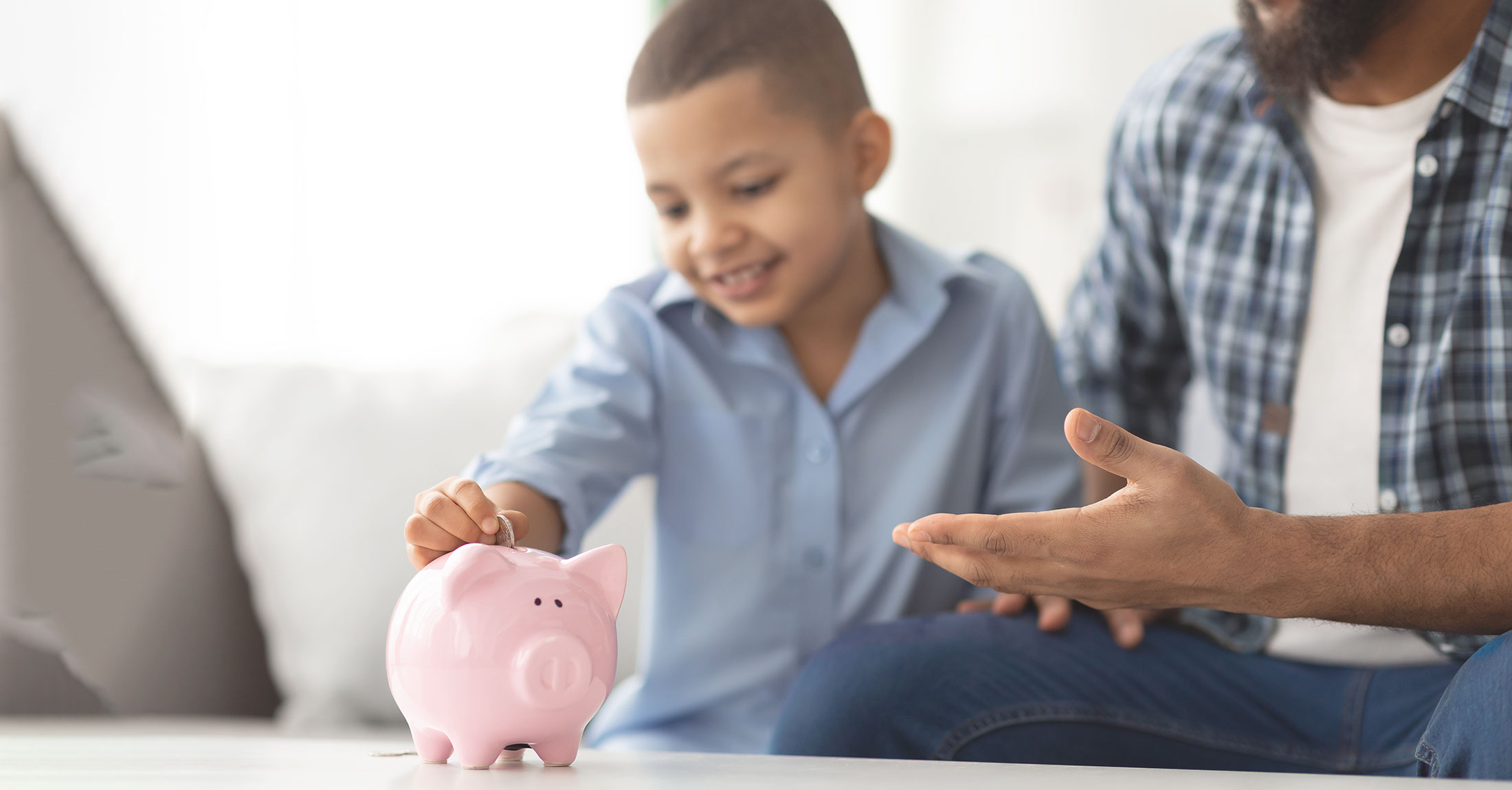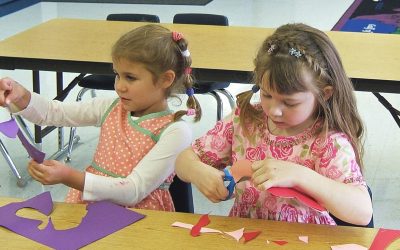Here’s information about decision-making, followed by ten suggestions that can lead to positive outcomes—including enhanced creativity.
About Decisions
We make a great many decisions over the course of our lives. The sum total of these decisions helps to define what we do, and who we are. Sometimes, we decide things quite quickly, whereas other times it takes longer. Decisions may be difficult or easy. They can be made independently or with other people. Decisions can have serious, long-term consequences, or little or no impact. Sometimes, we know exactly what we’re doing when we make a decision, but sometimes we’re unsure and so we just guess or pretend to know, and hope that we’re doing the right thing.
A decision can take people out of their ordinary comfort zones, and into unfamiliar areas. Children and adults have the capacity to decide whether to be risk-aversive, or whether to be adventurous, innovative or creative—and also how to use that creativity. Anyone can take a chance and try an unconventional approach, or not.
Decisions can be hesitant, right, wrong, silly, unyielding, life-or-death, flexible, precise, thoughtful, joyful, regretful, big, small, and so on… However, no-one can escape decision-making because life is full of choices.
Making Good Decisions
The best decision is an informed one. Facts and knowledge steer people in the right directions, helping individuals know what to pay attention to first—that is, how to prioritize. Once they have solid foundational information, they’re better prepared to move forward.
Where do people acquire the kinds of information that will be useful to them for decision-making purposes? How can we help children learn to make good decisions? How do decision-makers prioritize things?
Here are some answers to these questions, along with suggestions to share with kids.
1. Information is everywhere.
Before making a decision, think about what knowledge is required in order to arrive at a wise choice. People, places, and things are all potential sources of valuable information. Listen. Talk. Observe. Read. Time spent acquiring current and dependable information is time well spent. Think of it as directing energy productively.
2. Reflect.
It’s good to be thoughtful when making decisions. As in the example above, time spent on careful, deliberate strategizing is also time well spent. Reflection is worthwhile, enabling the clarification and consolidation of ideas, and the exploration of options, attitudes, and assumptions.
3. Decisions can also be changed.
Sometimes people make decisions, and then afterward they want to alter them. This happens all the time. We decide to change clothes, schools, music, and other aspects of our lives. And, why not? Decisions don’t necessarily have to be final, debilitating, or paralyzing. Give alternatives a shot. People can fix errors and learn from mistakes. Ancient Greek poet Sophocles wrote these wise words, “Fortune cannot aid those who do nothing.”
4. On the other hand…
Another ancient Greek, the physician Hippocrates, said, “To do nothing is also a good remedy.” Hmmm. This also bears thinking about; after all, Hippocrates (who is often referred to as the father of medicine) was no slouch! Deciding to do nothing may be okay in some situations—like making a decision not to respond to an insult, or not to disturb a nest even though birds are chirping loudly at the crack of dawn. Remember, however, that Hippocrates’ advice does not apply to everything people have to deal with or decide, or else how would …








